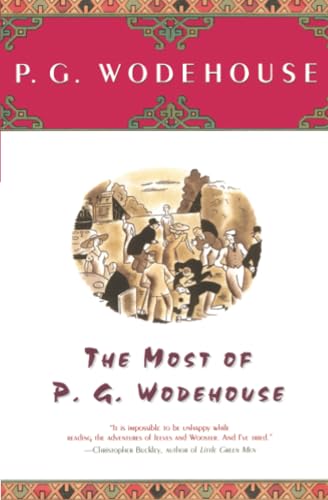
I’ve been reading a lot of free books made available through various Kindle promotions lately. As you may have noticed, I wasn’t entirely happy with the last couple I reviewed. Was J. C. Fields’ The Cold Trail more satisfying?
Well, yes. But not entirely.
This book is part of a series, and there were the usual problems with character relationships that had to be explained, but that wasn’t handled too badly. The story begins with the disappearance, a few years back, of three female volleyball players from a college in Missouri. A few years later, our hero, Sean Kruger, a professor at another Missouri college, is able to rescue a different volleyball player. Kruger is a former FBI agent, and he worked on the earlier abductions. The similarities prompt him to get his hacker friend to do some checking in the records, and he believes he can discern the work of a serial killer. Because of this he makes up his mind to go back to his old job at the FBI, which assigns him to the case.
Eventually he and his team are able learn that one thing connects a number of disappearances of female athletes over recent years. In each case, a particular software company was installing a system in the college at the time. And the man overseeing the installation was the son of the company’s owner, computer mogul Robert Burns, who recently retired as a senator. The son in question was Robert Jr., “Bobby,” and he has just been elected to his father’s old seat. Is it possible a US senator is a serial killer?
Of course it’s possible, and much money has been spent on covering up Bobby’s “indiscretions.” But it goes far deeper than that. We’re talking about the Russian mafia and international human trafficking.
The story worked pretty well. The characters were interesting, and they interacted well. The dialogue was good. The book could have used a proofreader – I found misplaced modifiers and word confusion (like “vanilla folder”). But as a narrative, it wasn’t bad. I caught what looked to me like one plot weakness, but that happens.
My reservations were mostly political and paranoid.
The evil senator is, of course, a conservative Republican. And he is owned, part and parcel, by Vladimir Putin and the Russians, who are using him to destabilize the US economy.
It occurred to me that Robert Burns might be a stand-in for Donald Trump in a left-wing fantasy.
Also, we got to watch the FBI at work investigating a senator, and they cut legal corners from time to time. Nothing sinister about the squeaky-clean FBI illegally surveilling a Republican, right?
Also, the bureaucrats in this book never worry about wokeness. There’s no concern over microaggressions, and nobody talks about their preferred pronouns. I did not believe this was true to contemporary life in the federal government.
All in all, The Cold Trail left me with chilly feet.
But the writing wasn’t bad.






